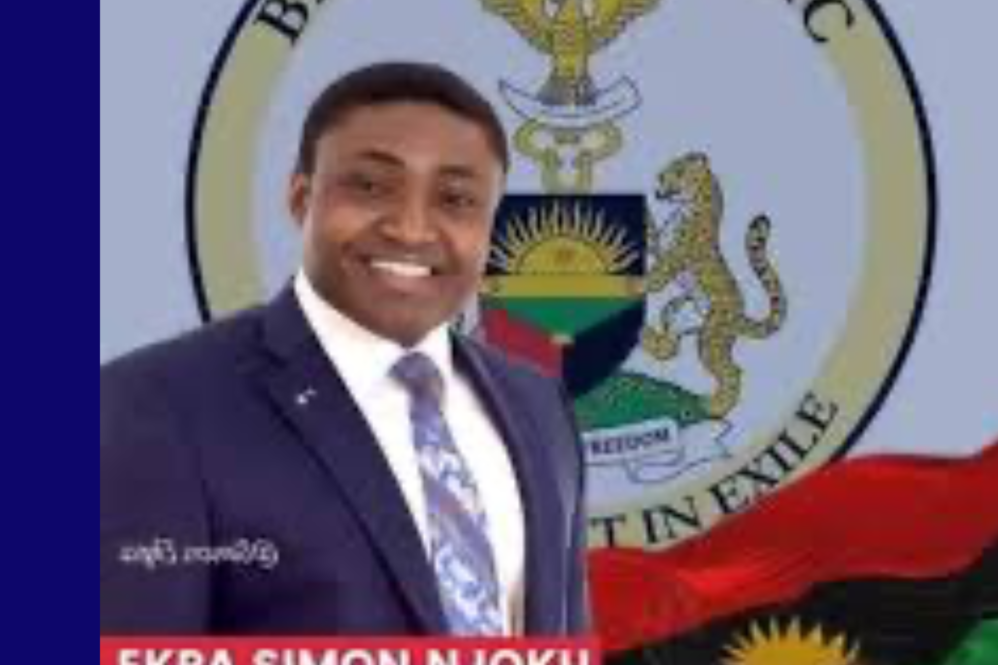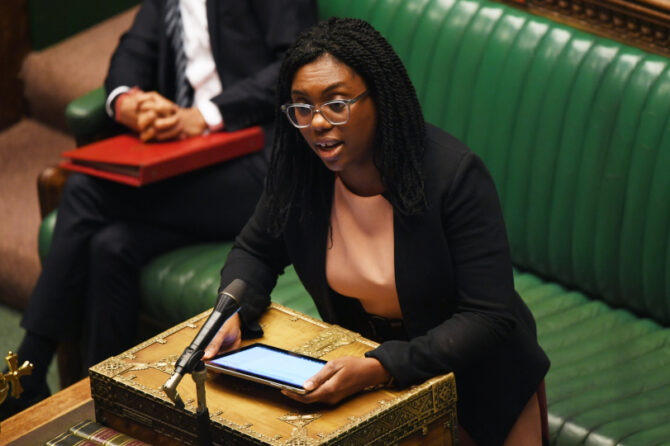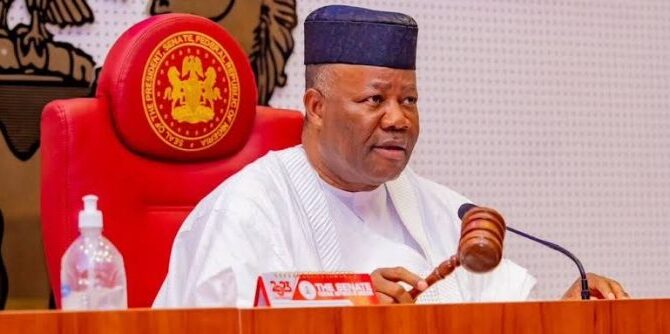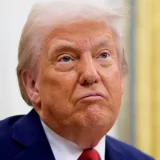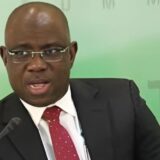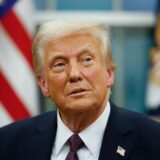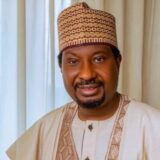These are crucial to provide accurate and original information on the recent arrest of Simon Ekpa in Finland and the activities of the Indigenous People of Biafra (IPOB). Let us delve into the historical context of IPOB’s existence and the significance of Ekpa’s arrest within the broader conversation on terrorism and separatism in Nigeria.
Simon Ekpa, self-proclaimed prime minister of Biafra, was apprehended by Finnish authorities on suspicions of inciting people to commit crimes with terrorist intent. This arrest, which also involved four individuals believed to be his associates, underscores the serious nature of the allegations against Ekpa and the potential repercussions for the Biafran separatist movement.
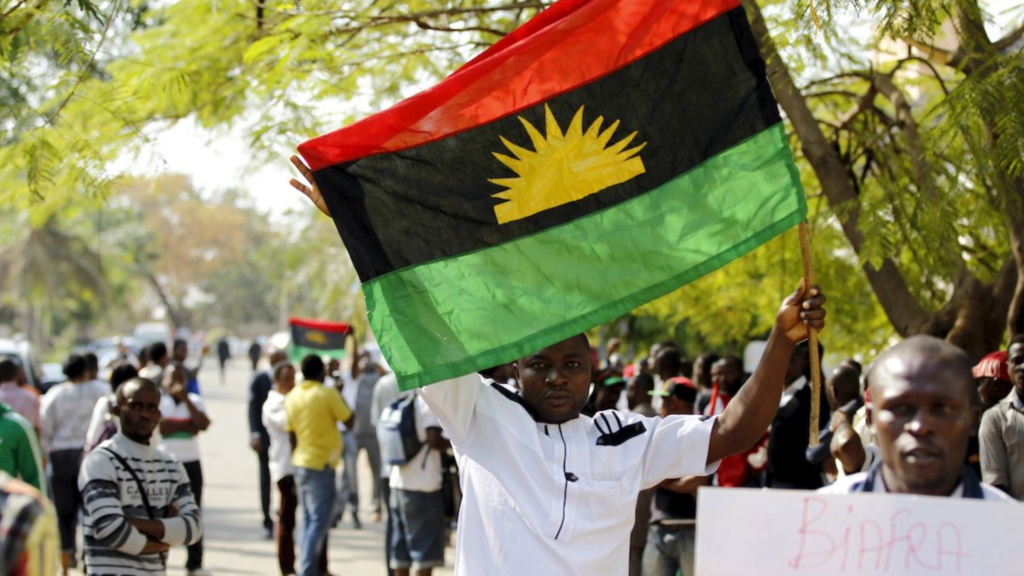
While Ekpa’s alleged involvement in criminal activities is concerning, it is essential to understand the historical background of IPOB and its leader, Nnamdi Kanu, in order to contextualize the organization’s trajectory over the years. IPOB, which has been advocating for the independence of Biafra for over three decades, has been a contentious and polarizing entity in Nigerian politics.
Since its inception more than 35 years ago, IPOB has been at the forefront of the push for Biafran secession from Nigeria, citing historical grievances and aspirations for self-determination. However, the organization’s tactics and strategies have often sparked controversy and raised red flags among Nigerian authorities, who have labeled IPOB as a terrorist group.
The Nigerian government’s designation of IPOB as a terrorist organization has led to crackdowns on its members and supporters, with measures aimed at curtailing the group’s activities and preserving national unity. The arrest of Ekpa and his suspected accomplices in Finland is just the latest chapter in the ongoing saga of tensions between the Nigerian state and pro-Biafran separatist movements.
The allegations against Ekpa, which include inciting violence to disrupt Nigeria’s upcoming elections in 2023, highlight the dangers of using extremist tactics in pursuit of political objectives. As law enforcement agencies investigate the evidence against Ekpa and seek to unravel his potential connections to terrorist networks, it becomes evident that the specter of terrorism looms large over the discourse of separatism in Nigeria.
In light of these developments, it is imperative for authorities to uphold the rule of law and ensure that due process is followed in addressing criminal activities linked to separatist movements like IPOB. While the arrest of Ekpa may be seen as a victory for counterterrorism efforts, it also serves as a stark reminder of the complex challenges posed by violent extremism and radical ideologies.
The Nigerian government’s response to Ekpa’s arrest underscores its commitment to combating terrorism and insurgency within its borders. By collaborating with international partners and leveraging law enforcement mechanisms, Nigeria aims to dismantle networks that threaten the country’s security and stability.
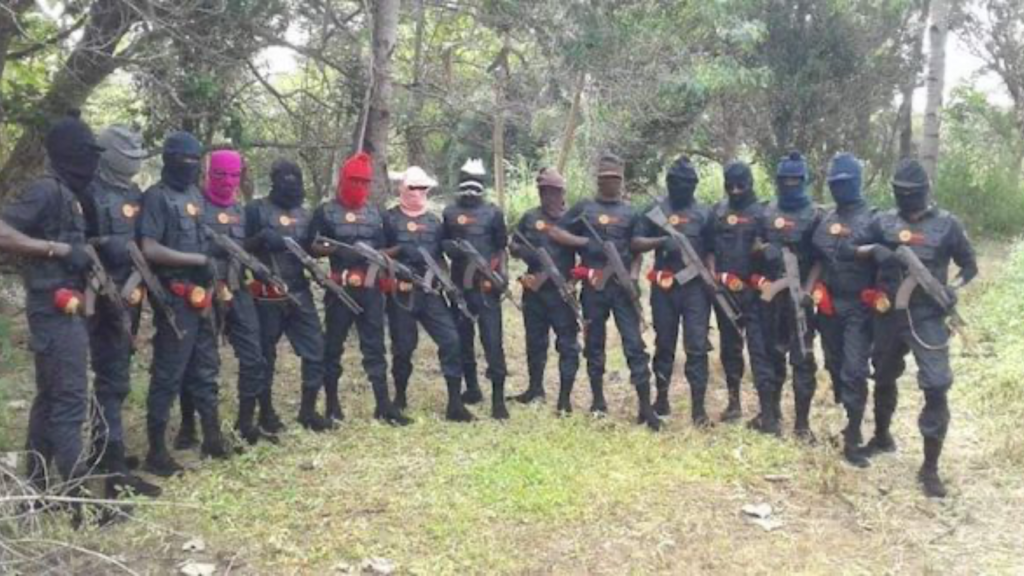
As we reflect on the implications of Ekpa’s detention and the broader implications for the Biafran separatist movement, it is essential to approach this issue with nuance and sensitivity. While condemning acts of terrorism and violence, we must also acknowledge the underlying grievances and aspirations that shape movements like IPOB and engage in meaningful dialogue to address root causes and promote peace.
In conclusion, the arrest of Simon Ekpa and his associates in Finland on suspicions of terrorist offenses marks a significant development in the ongoing battle against extremism and separatism in Nigeria. As we navigate the complexities of this issue, it is crucial to uphold the principles of journalistic integrity, ethical reporting, and a commitment to truth and accuracy in our coverage of these critical events.


